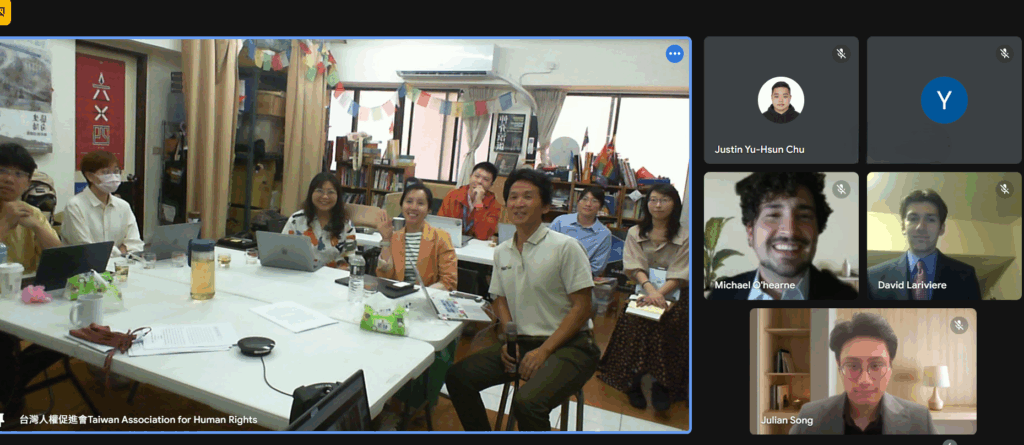On May 22, 2024, the US Ninth Circuit Court of Appeals stayed the enforcement of the Montana state’s ban of Tiktok, the social media app, pending the conclusion of judicial review of the similar federal ban on Tiktok. On May 9, 2024, Open Net, jointly with UC Irvine Law School’s International Justice Clinic, had filed an amicus brief (below) at the Ninth Circuit Court on a constitutional challenge against the Montana state’s ban of Tiktok.
The state of Montana banned both Bytedance, the operator of Tiktok and the app stores from operating or having downloaded the app within the state, ostensibly for the purpose of protecting Montana citizens’ private data stored on the app’s server. However, there is no concrete evidence that Bytedance actually shares American Tiktok users’ private data with third parties such as the Chinese Communist Party.
Open Net believes that blocking certain apps or websites for a vague and unfounded reason violates freedom of speech not just of the website/app operator but also the right to information of the people living in the region where the blocking happens. Open Net’s conviction originates from the experience that the Korean government has blocked various websites for the pretext of protecting Korean people from harmful information but instead hurt and discriminated against her own people in terms of access to information. That China is not democratic domestically or overseas or poses a diplomatic threat to the US cannot be a justification to prohibit Americans from using the server based in China or the server run by a Chinese company. Such blocking will provide justification for China’s similar behavior, i.e., blocking diverse sources or platforms of information from overseas for the pretext of Chinese people and their “data sovereignty”.
Information can be suppressed only when it is harmful, and it does not suddenly become harmful based on its location. The US has opposed various access bans on the US-based platforms such as Facebook, characterizing it as a sort of “internet shutdown” penalizing the people of the region where the apps are banned, which the US State Department has condemned in various documents. The Tiktok ban will act as a similar penalty for the huge number of Americans who have already shared and plan to share information through the app. On December 2023, Open Net has authored a chapter in a book titled “Data Sovereignty” in which the author K.S. Park, the organization’s director has fleshed out international human rights standards applicable to “internet shutdown”, which can be applicable to the blocking of a popular social media app. Open Net plans to intervene on a constitutional challenge against the federal law as well.
amicus-final

0 Comments